'All of humanity's problems come from a man’s inability to sit in a room by himself,' wrote Blaise Pascal.
In early modernity, Pascal’s words were perhaps right. But now the more appropriate comment would be: 'All humanity’s problems come from each one of us being unable to sit in a room with others.'
Pascal was convinced that our world is one of suffering, and, that as we strive to evade that suffering, we are unable to face ourselves honestly. He did not envision a peaceful indwelling of the self with itself, what later thinkers such as Henry David Thoreau would suggest as the proper way of being alone, in dialogue with oneself in solitude. For Pascal, there is no proper solitude, our disability is our fear of being alone. To be alone is to contain all within oneself, in the crudest of etymologies, to be “all one.” For Pascal, whose scientific work refuted Aristotle’s idea that nature abhors a vacuum, the “all one” would be the psychological equivalent of living while knowing that the vacuum is an essential part of us, of embracing it as our given condition of life, not knowing whether this would be our condition in death as well. Indeed, his famous wager, that it is rational to believe in God’s existence because the consequences of not believing are riskier to one’s soul than believing, would seem to follow from his proof of the existence of vacuums. The inner self is a void, to be filled by God if not by others. All of life is a risk, and all we can do is try to minimise our peril. Pascal, parent of probability theory, lived in a perilous time, when life could and did end early, from accident and disease.
___
"In our age we are able to live with ourselves, but not with others."
___
But our peril now comes from a different place. The arc of modernity has been a long struggle for security, for a peace that comes from plenitude, especially with the rise, over the past two centuries, of a worldwide consumer society built upon the carbon economy. Even the rise of mechanised war has not deterred us humans in our expansive growth and longevity. In our prosperity, we have become accustomed to being alone, to being left alone. We have come to see each other as impediments to our peace. We are able to live with ourselves, but not with others.
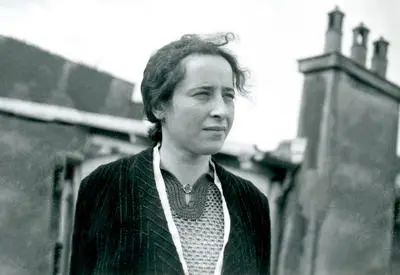 SUGGESTED READING
Hannah Arendt on why you must break your bubble
By Siobhan Kattago
As is becoming increasingly clear, this long expansion is coming to an end. We are now on the slippery slope of the Anthropocene. As the environmentalist Bill McKibben has recently documented, our habitable planet is shrinking. Rising seas and increasingly uninhabitable lands (due to our collective failure to abate greenhouse gases, and the inevitable desertification, massive fire and increasingly unsustainable high temperatures in the continents’ interiors) make a massive collapse of the world’s consumer civilisation a distinct possibility.
SUGGESTED READING
Hannah Arendt on why you must break your bubble
By Siobhan Kattago
As is becoming increasingly clear, this long expansion is coming to an end. We are now on the slippery slope of the Anthropocene. As the environmentalist Bill McKibben has recently documented, our habitable planet is shrinking. Rising seas and increasingly uninhabitable lands (due to our collective failure to abate greenhouse gases, and the inevitable desertification, massive fire and increasingly unsustainable high temperatures in the continents’ interiors) make a massive collapse of the world’s consumer civilisation a distinct possibility.







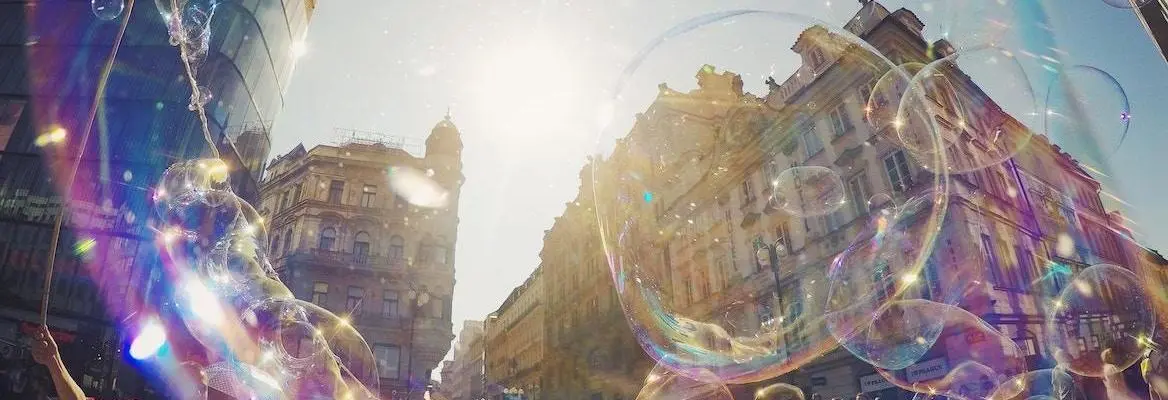




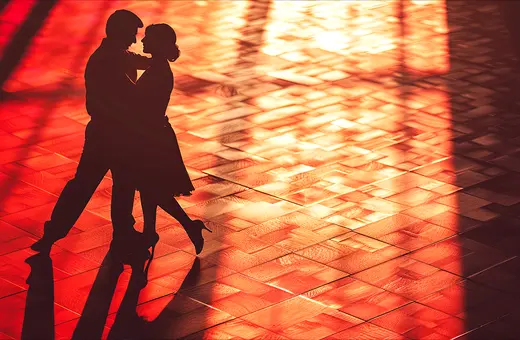
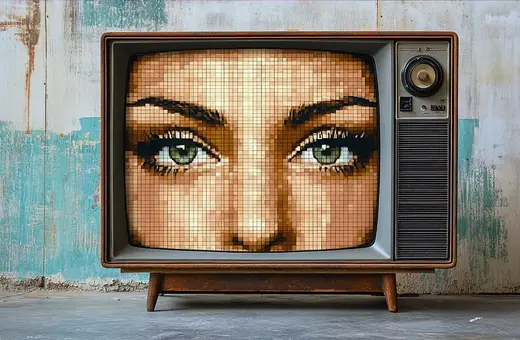
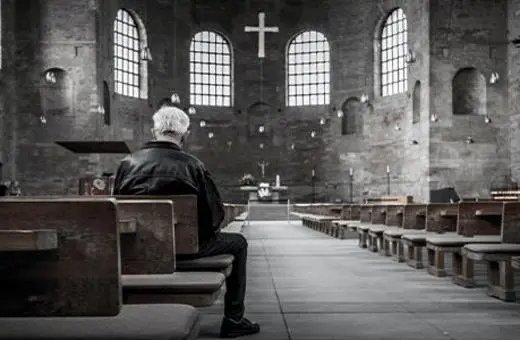




Join the conversation